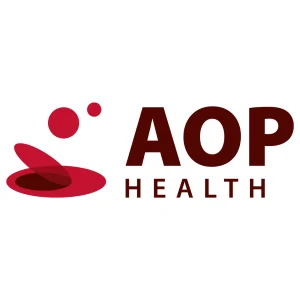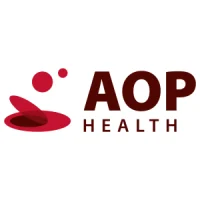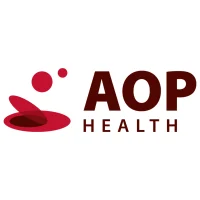Presented at the American Society of Hematology (ASH) 65th annual meeting
AOP Orphan Pharmaceuticals GmbH (AOP Health), Vienna, Austria, announced the results of an analysis assessing the impact of an individually optimized dosing regimen of ropeginterferon alfa-2b on treatment response in patients with low-risk polycythemia vera (PV)1 These new data show that some low-risk PV patients require and can tolerate high ropeginterferon alfa-2b doses, and that the optimal dose varies substantially between patients.
The first author of the abstract, Professor Heinz Gisslinger from the Medical University of Vienna/Austria, and his research team conducted the present analysis in the cohort of low-risk PV patients from the large trial PROUD-PV and its extension CONTINUATION-PV. The goal was to examine the impact of various baseline characteristics such as body mass index as well as individually optimized dose levels of ropeginterferon alfa-2b on complete hematologic response (CHR), the state when blood cell counts have returned to normal, at 12, 24, and 72 months.1

About Polycythemia Vera
Polycythemia Vera (PV) is a rare cancer of the blood-building stem cells in the bone marrow resulting in a chronic increase of red blood cells, white blood cells and platelets. This condition increases the risk for circulatory disorders such as thrombosis and embolism, its symptoms lead to a reduced quality of life and on the long run may progress to myelofibrosis or transform to leukemia. While the molecular mechanism underlying PV is still subject of intense research, current results point to blood-building stem cells in the bone marrow with a set of acquired mutations, the most important being a mutant form of JAK2 that make up the malignant clone.
Important PV treatment goals are to achieve healthy blood counts (hematocrit below 45%), improve quality of life and to slow or delay the progression of disease.
Source: AOP Health
Reference:
1 Gisslinger H et al. Individualized dosing of ropeginterferon alfa-2b ensures optimal response in patients with low-risk polycythemia vera (PV). ASH 2023, Abstract #4563 (https://ash.confex.com/ash/2023/webprogram/Paper173499.html)









